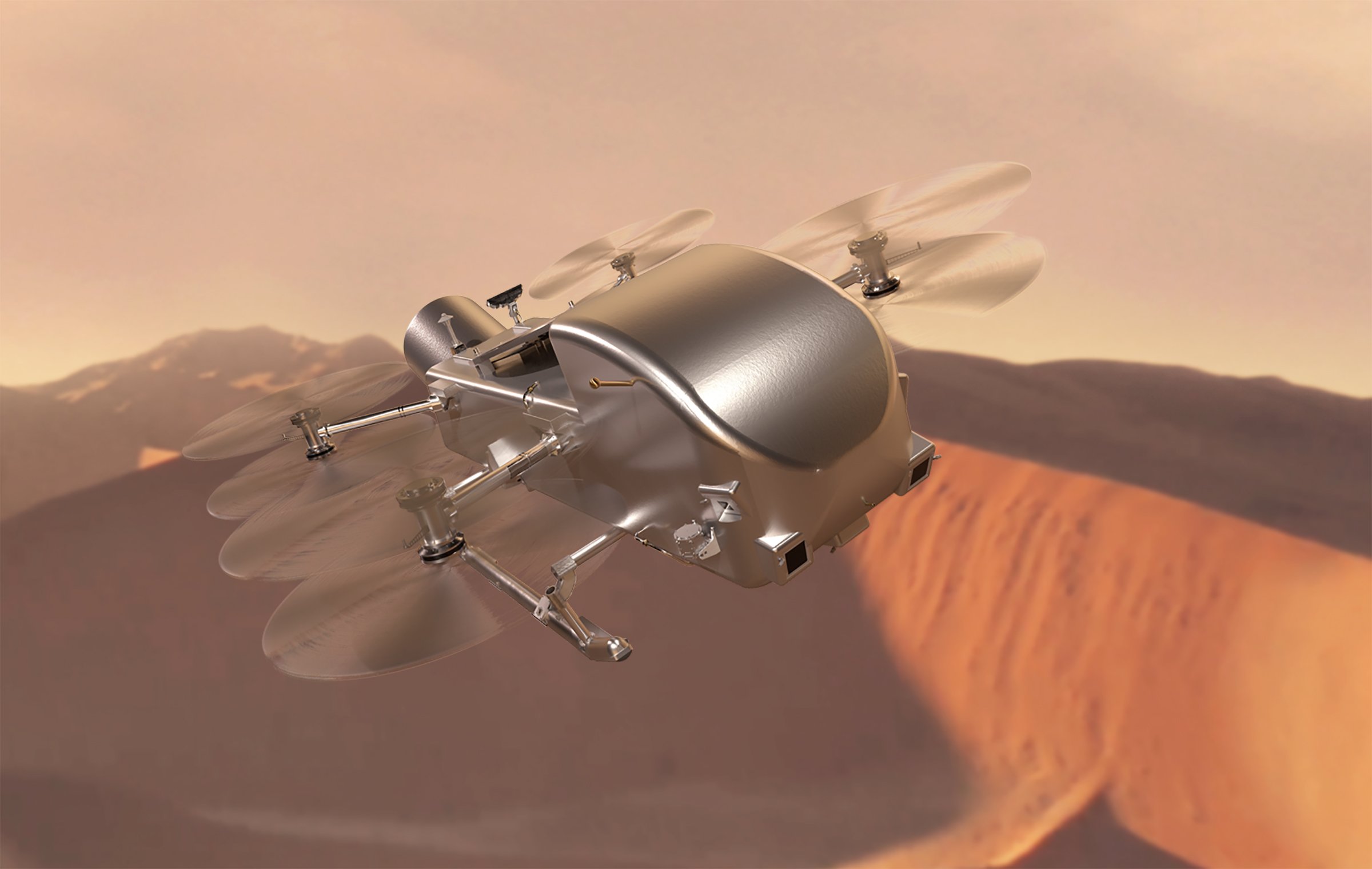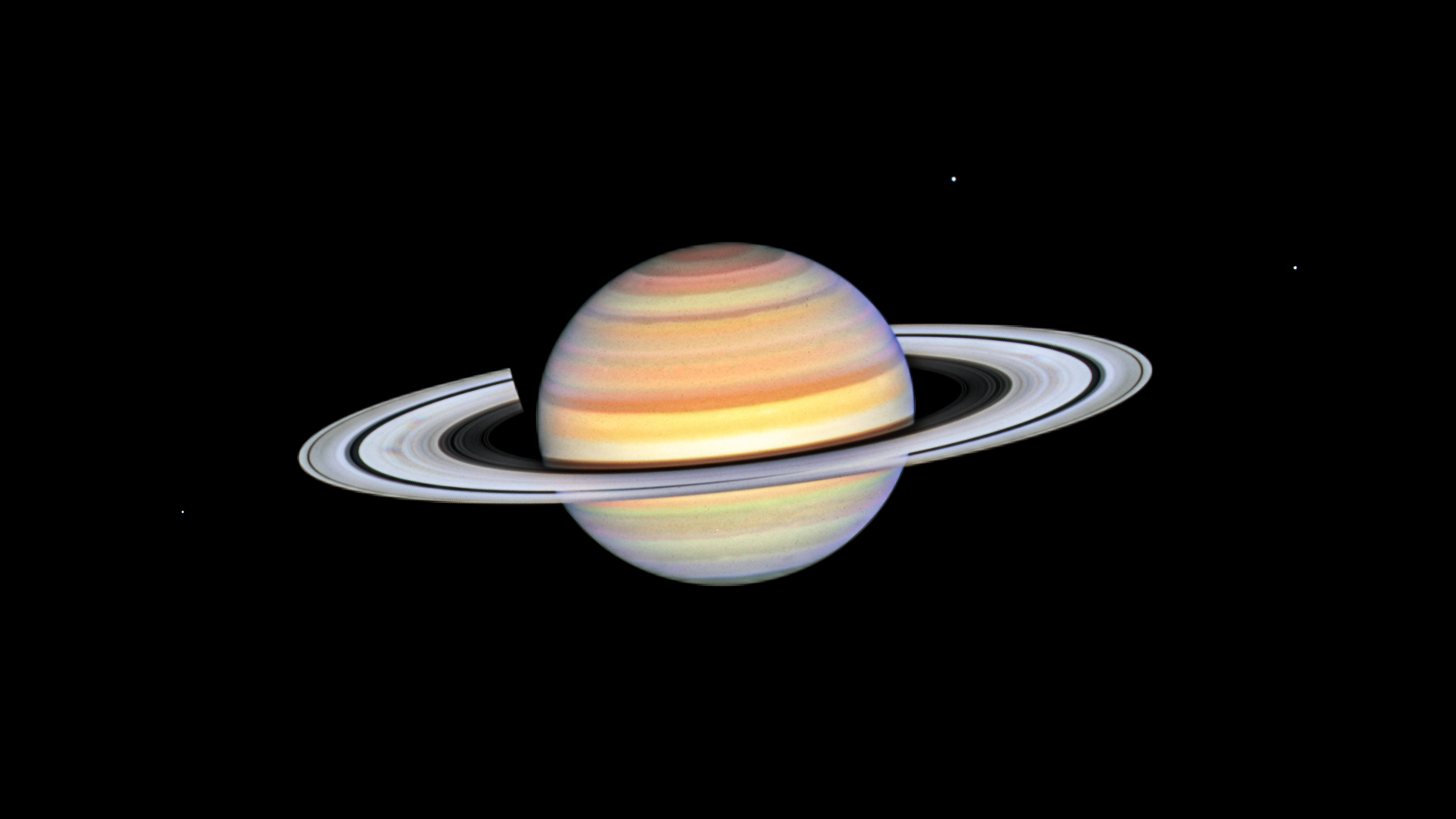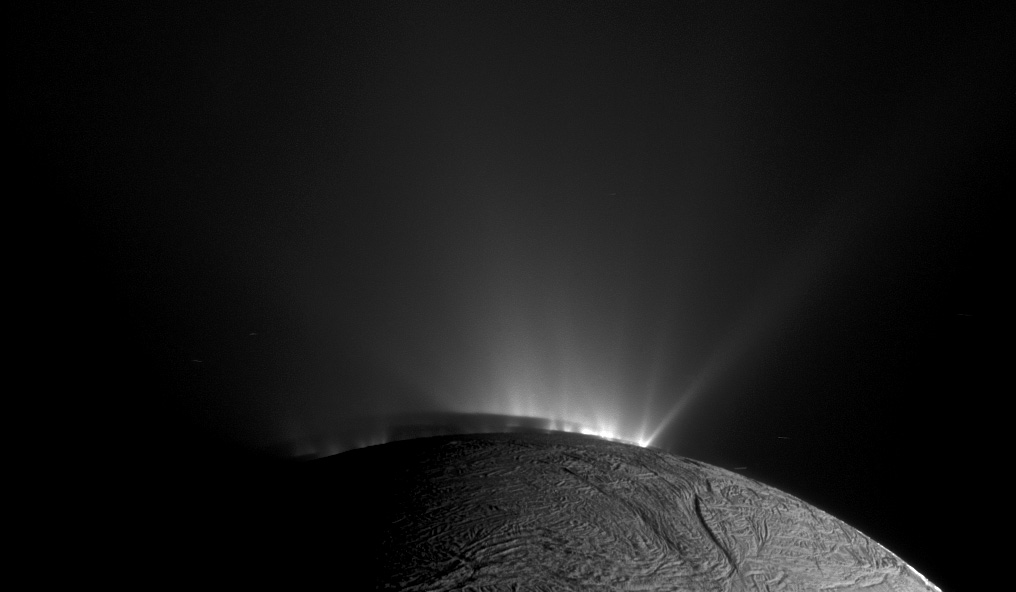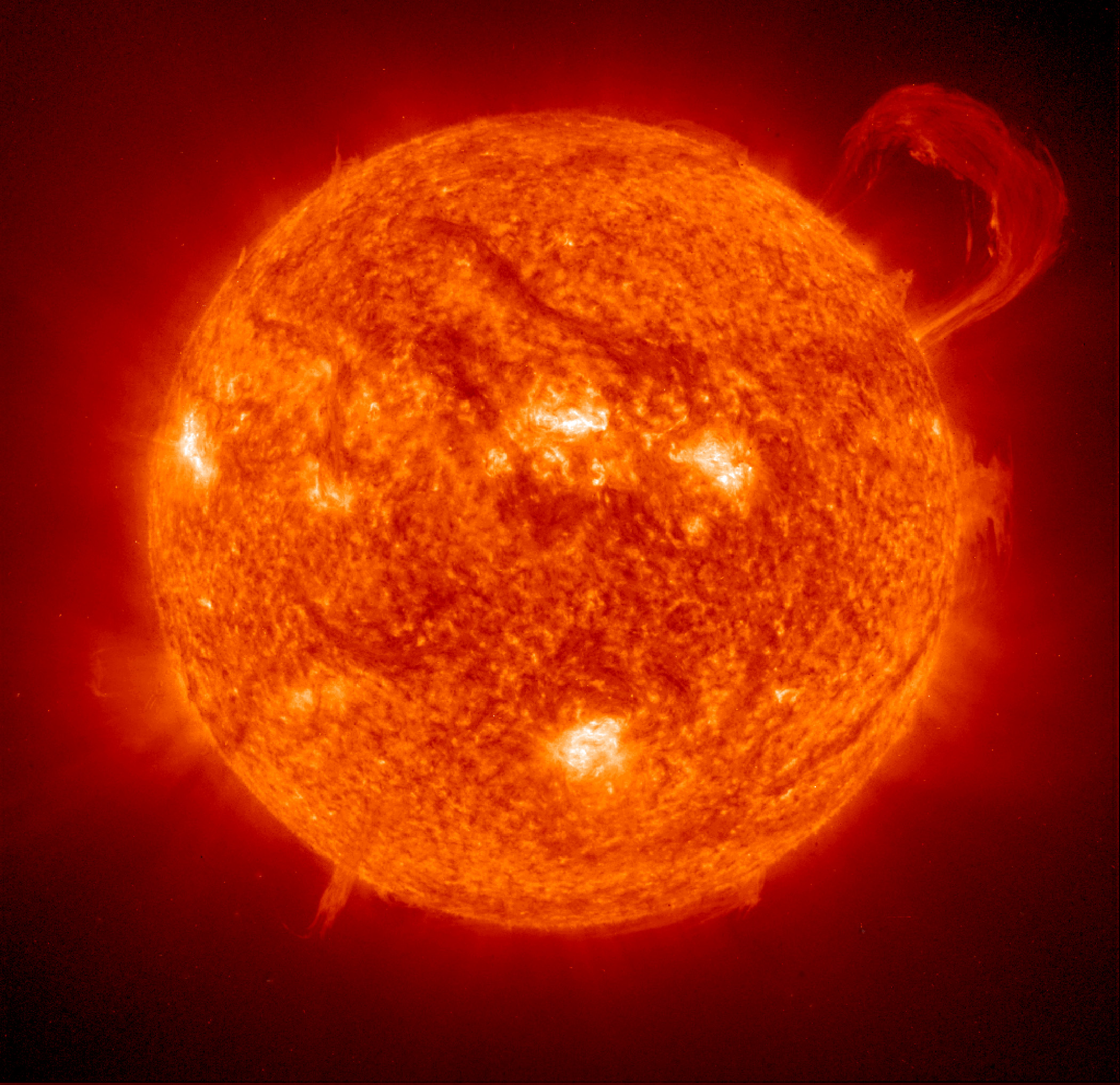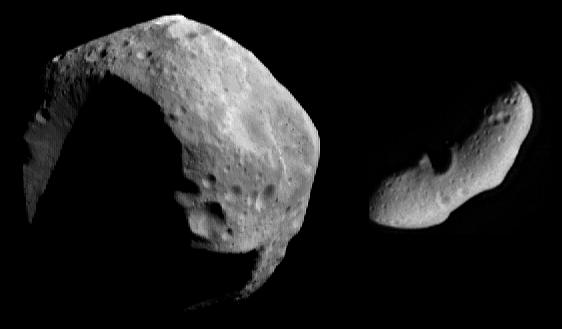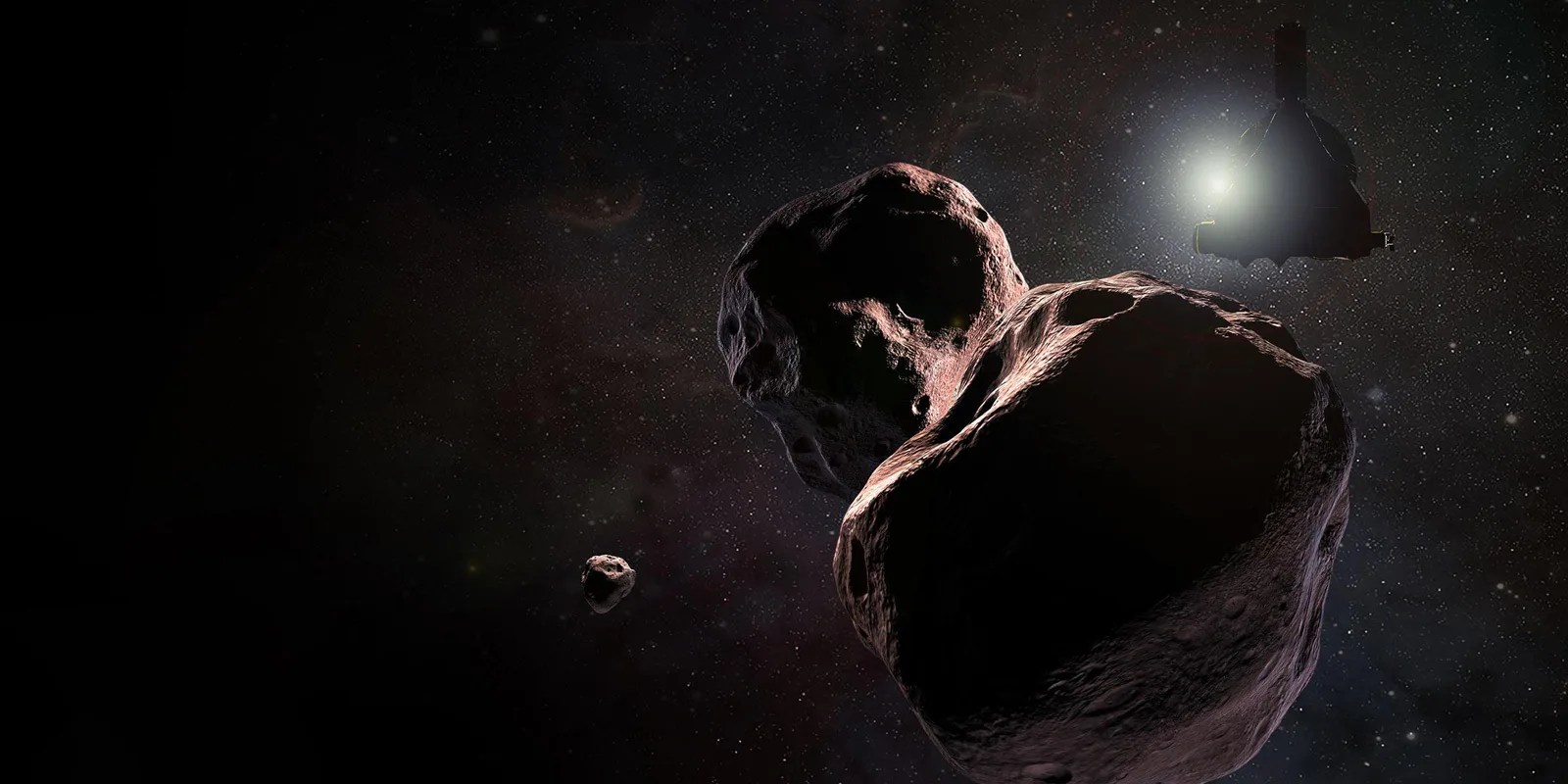3 min read
Cassini Significant Event Report
For Week Ending 11/12/99
Based on the most recent spacecraft telemetry data acquired from the
Canberra tracking station on Tuesday, 11/09, the Cassini spacecraft is in
an excellent state of health and is operating normally. The speed of the spacecraft can be viewed on the "Where is Cassini Now?" web page (http://saturn.jpl.nasa.gov/operations/present-position.cfm)
The Cruise 17 background sequence activated this week. The first two
on-board events were the setting of the off-sun time constraint (an
activity that occurs at the beginning of every sequence) and successful
execution of a roll to place CDA (Cosmic Dust Analyzer) into the ecliptic
plane. It is felt that this will dramatically increase the number of hits
for CDA, and, therefore, increase the amount and quality of science that
they are able to obtain. The Spacecraft will stay in this orientation
until the end of C17.
The Cassini Program had its Quarterly Review with NASA Headquarters
personnel this week. Presented were significant accomplishments since the
last review, planned accomplishments for the upcoming quarter, an overview
of FY'99 - FY'00 budgets and workforce, and overall Program status,
issues, and concerns.
A summary of Outreach activity for Fiscal Year 1999 has been prepared,
senior Cassini staff members have been identified to oversee revisions to
all of the text in the Cassini public website, and a Saturn-related
activity for children will be revised and added to the JPL Spaceplace
website.
Jupiter planning moved forward with the presentation of a Draft Jupiter
Science Planning and Sequence Operations Concept, and a preliminary
Jupiter Subphase Science Planning schedule. The operations concept
describes both the Science planning and the sequencing process to be used
for the Jupiter mission phase. The schedule addresses the decision to
develop the Jupiter Subphase in a more Tour-like environment as opposed to
the current cruise operations.
The Titan Orbiter Science Team (TOST) Group held a two day meeting to move
forward on the allocation process for the Titan flybys. Very good
progress was made at this meeting toward the allocation of the flybys
centered around +/-30 minutes from closest approach. Subsequent meetings
have been scheduled to converge on an allocation recommendation for
Project Science Group (PSG) approval in January of 2000.
Additional information about Cassini-Huygens is online at http://saturn.jpl.nasa.gov.
Cassini will begin orbiting Saturn on July 1, 2004, and release its piggybacked Huygens probe about six months later for descent through the thick atmosphere of the moon Titan. Cassini-Huygens is a cooperative mission of NASA, the European Space Agency and the Italian Space Agency. JPL, a division of the California Institute of Technology in Pasadena, manages the mission for NASA's Office of Space Science, Washington, D.C.
Media Relations Office
Jet Propulsion Laboratory
California Institute of
Technology
National Aeronautics and Space
Administration
Pasadena, Calif. 91109.
Telephone (818) 354-5011

